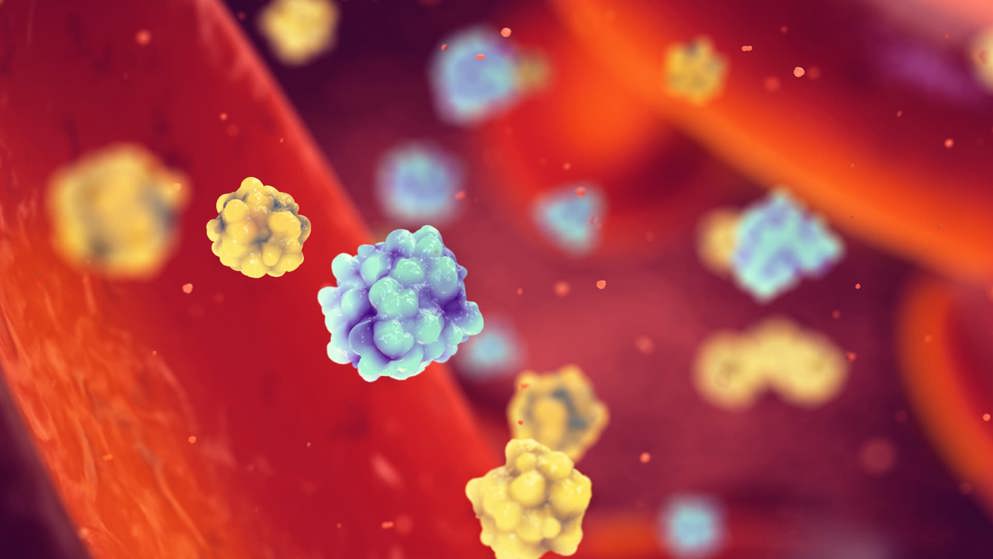
Drug news
GLP-1R Agonists lead to weight loss in overweight or obese patients
Giving overweight or obese patients the Glucagon-like peptide-1 (GLP-1) that suppresses appetite leads to clinically beneficial weight loss as well as reduced blood pressure and cholesterol levels. The GLP-1 agonists assessed were exenatide given twice daily, exenatide given once weekly (as a long acting release), and liraglutide given once daily. The study analysed the results of 25 randomised controlled trials involving over 6,000 patients. Published in the BMJ, it found that patients who received clinically relevant doses of GLP-1R agonists for at least 20 weeks achieved a greater weight loss compared with the control groups. The benefit was seen for patients with and without Type 2 Diabetes, but may be more pronounced in patients without diabetes. The GLP-1R agonists also had beneficial effects on blood pressure, cholesterol and improved glycaemic control in patients with Type 2 Diabetes. There was no statistically significant effect on liver enzymes. Common side effects included nausea, vomiting and diarrhoea. According to lead researcher Tina Vilsb�ll this analysis suggests further studies to elucidate the effects of GLP-1R agonists in the treatment of obese patients without diabetes. See: "Effects of glucagon-like peptide-1 receptor agonists on weight loss: systematic review and meta-analyses of randomised controlled trials" by Tina Vilsb�ll et al. BMJ 2012; 344 doi: 10.1136/bmj.d7771 (Published 11 January 2012

